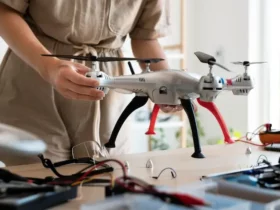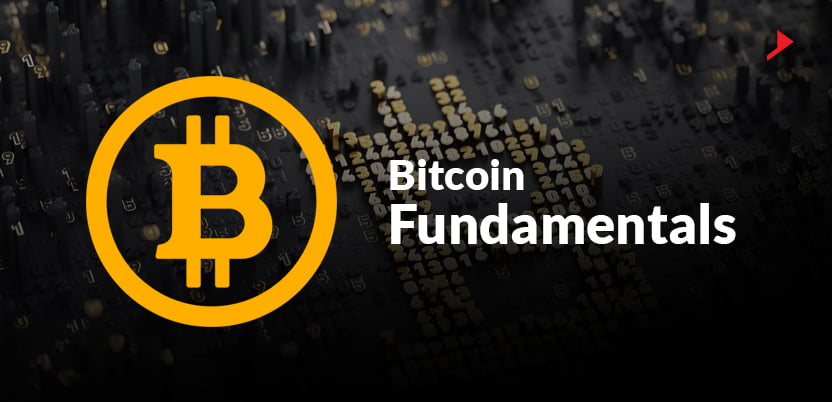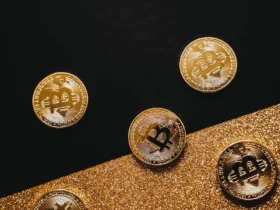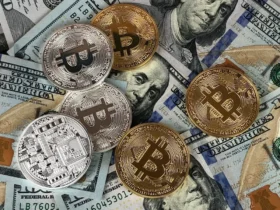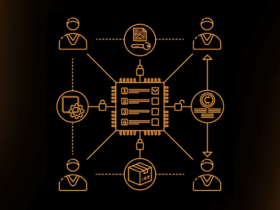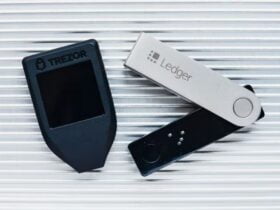Bitcoin is a virtual form of money that is referred to as a cryptocurrency, virtual currency, or digital cash as it resembles the mechanisms of online cash. It’s important to note that one can use it to make any kind of purchase regarding any goods or services.
However, despite its huge popularity in the contemporary age, many stores might still not accept Bitcoin, whereas some countries have straight-away ruled out the legitimacy of the digital currency.
Although things are evolving and some businesses are changing their perspectives and accepting digital currency along with its expanding effect. For instance, PayPal, which is an online payment operator, declared recently that its users can successfully do business with Bitcoin by trading or buying them from their platform. Hence, if you also want to try out your luck in Bitcoin safely, click here.
So here we present the primary way Bitcoins work to give you a clear idea regarding the digital currency: –
Table of Contents
The basic context for a beginner
There is no need for people to be anxious to comprehend all the technical prospects associated with cryptocurrency in case they are new to the realm of Bitcoin and want to start trading bitcoin. At first, you will be introduced to a Bitcoin wallet that will create your first Bitcoin address after being installed successfully on your computer or any other mobile device. Your addresses can be given to friends so they can pay you or vice versa. Bitcoin addresses should not be utilized more than once. You can share your QR code available in your wallet or public keys to receive funds. But you should not share your private keys with anyone, as it can be used to make payment through your wallet only.
The Blockchain
The foundation of the entire network concerning digital currency is based on the blockchain which is a shared public ledger. On a broader note, this given technology is known to encompass all information about every transaction that has ever been confirmed. On the other hand, to verify new transactions and ensure that the same is by default owned by the spender, it facilitates Bitcoin wallets to calculate the remaining spendable monetary balance they might have left in their wallet. A process called cryptography which is used to enforce the consistency of blockchain and prevent fraud transactions.
Transactions using private keys
You should know that Bitcoin wallets keep a private key that might also be regarded as a seed that users can use to sign transactions and serve as a mathematical confirmation that they originated from the Bitcoin wallet of the owner. Additionally, after issuing the validity of the transaction, the signature does not allow it to be changed by anyone. Furthermore, every transaction that ever takes place is broadcast to the network, and they take mostly 10–20 minutes for confirmation thanks to a process known within the cryptocurrency world as mining.
The mining
To include all the pending transactions within the ledger of the blockchain and confirm them, the process known as mining is further regarded as a distributed consensus system. It helps to maintain the chronological order prevalent within the blockchain, protects the neutrality of the network, and allows several computers to come to a mutual agreement on the system’s state. On a broader note, for a transaction to acquire a confirmation status, it must be present in a block and verified by the miners followed by hash-power. Moreover, as a result of the mining process, it is also quite challenging for anybody to add new blocks quickly within a row to the blockchain, thus creating the equivalent of a lottery ticket.
The question concerning whether or not Bitcoin is even a currency remains a significant aspect associated with this digital currency, given that it might not have any inherent value. However, there is considerable growth in the number of businesses that have started to accept the said currency as a successful means of payment. Moreover, among various nations and governments, El Salvador is known to stand out as a known exception, having become the first country to accept Bitcoin and give them monetary value in September 2021.









